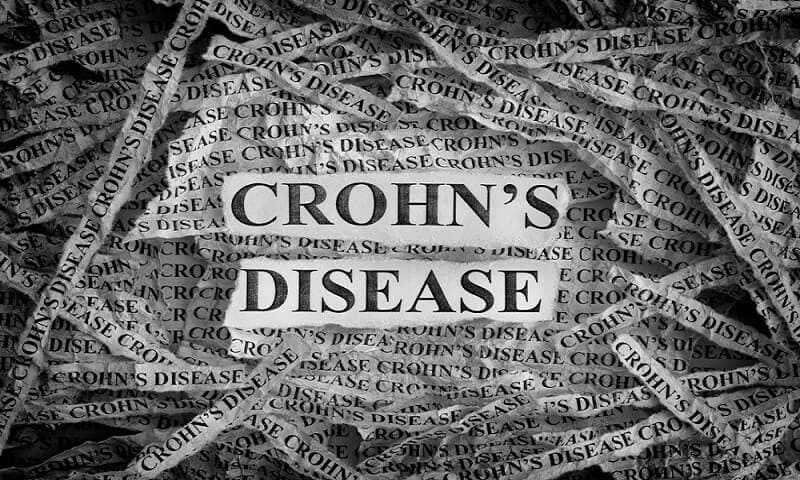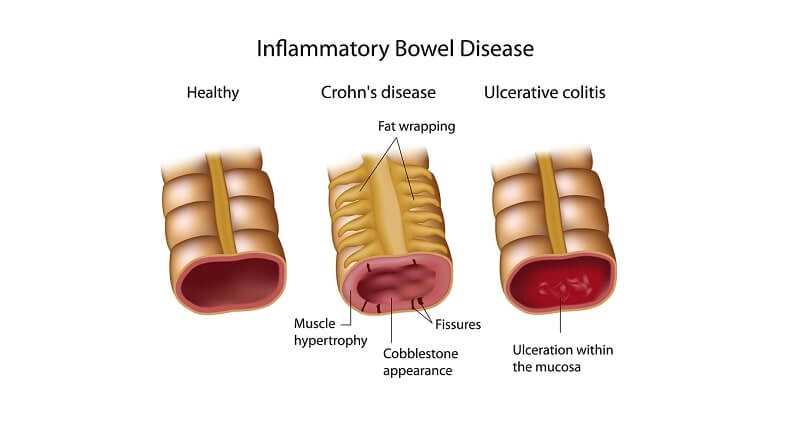Important Conversations to Have if Your Child Has Crohn’s Disease


One of the hardest things to accept about parenting is that you will, many times, have to advise or comfort your children as they go through a situation you never dealt with. That can be difficult.
This is the position that many parents find themselves in after learning that their child has been diagnosed with Crohn’s disease or other inflammatory bowel disorders. Unless they’ve lived with these conditions themselves, it can be hard to know where to begin. With a little guidance, though, you can ensure that you’re helping your child as much as possible. Here are three conversations you should initiate if your child just found out they have Crohn’s disease:
Talk to your child about who to tell
One of the hardest parts of dealing with Crohn’s disease is handling the stigma that can often come with it. Still, it’s important that you express to your child the importance of your notifying important individuals in their lives of this development and the changes that come with it. For example, Everyday Health recommends speaking to coaches, teachers and friends about the condition so that they can accommodate your child. This will be particularly important in the case of teachers and coaches, as your child will spend more time with these individuals than nearly anyone else. If your child is quite young, you may want to handle this by yourself. If he or she is an adolescent, then you may want to ask whether they want to go with you as you speak with others about their condition.
Talk about handling flare-ups
Perhaps the single most essential conversation you can have with your child after their diagnosis is about how to handle flare-ups, when the symptoms of the disease become harder to handle. You’ll probably want to let most of this discussion be handled by your child’s pediatrician, but you should still be present. Make sure to ask questions during the process to ensure that you are receiving all the information necessary. According to the University of Michigan Children’s Hospital, medications, scheduling adjustments, nutrition and diet planning and support groups are all vital parts of handling flare-ups. Ensure these topics are covered in this conversation.
Explain that they aren’t alone
Be honest with your child but also encouraging. You’ll want to make clear that Crohn’s is incurable. But it’s crucial that you also make sure your child understands that this disease affects people all over the world who continue to lead active lives. There’s no reason that your child can’t fulfill their goals despite living with the condition, and the earlier that you communicate your support to them, the better.





